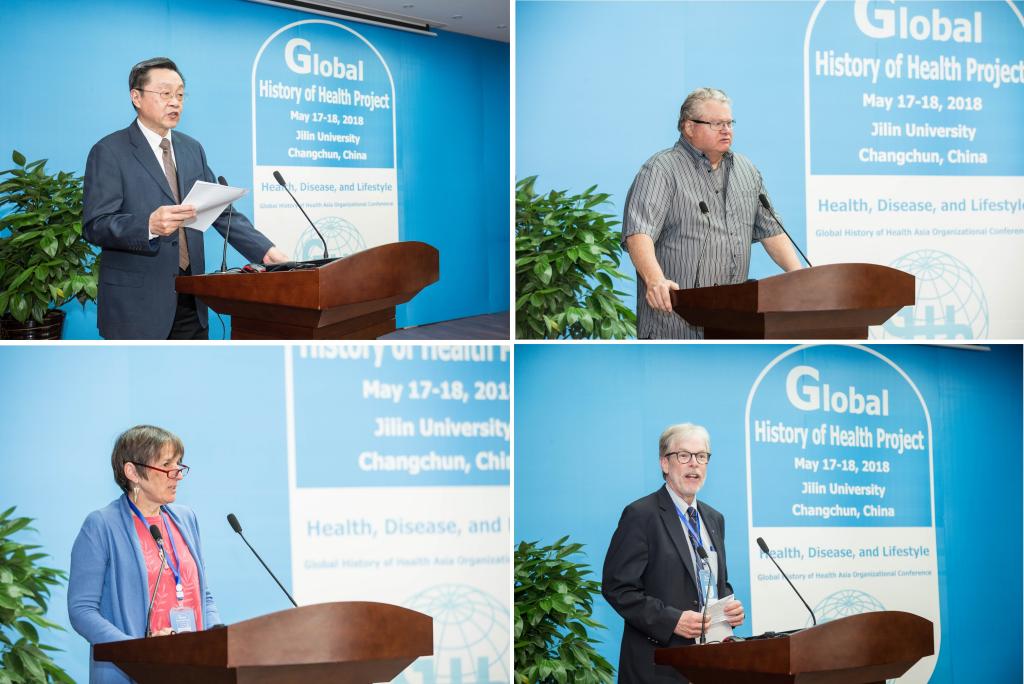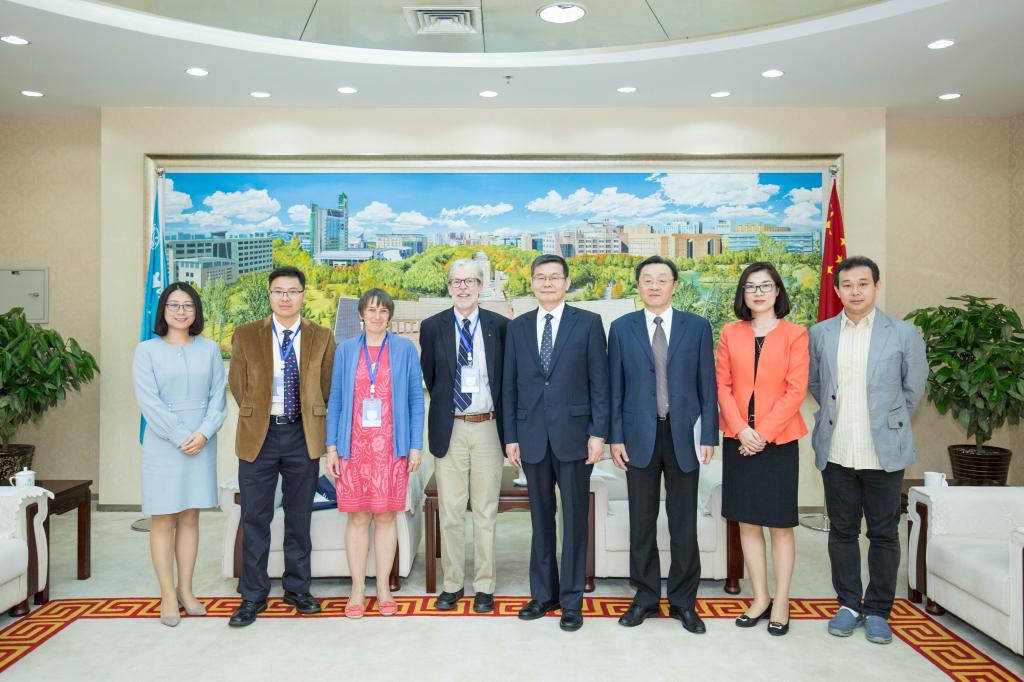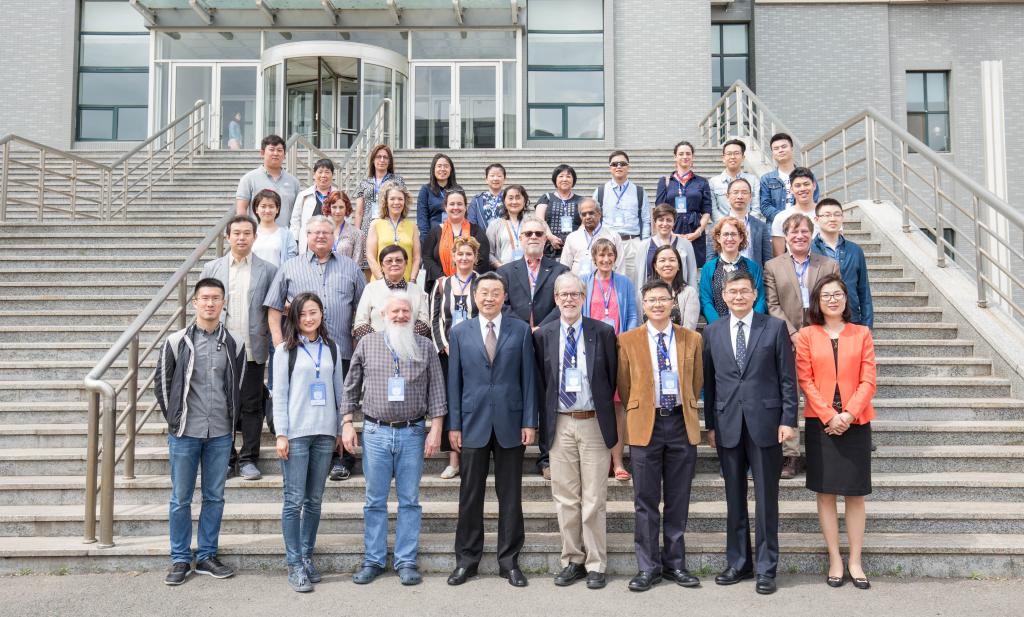Recently, more than 30 internationally renowned bioarchaeologists from 23 top universities in the world from 8 countries gathered at Jilin University to hold the "Asian Module-Global History of Health Project Organizational Conference".The launch of this conference fills the gaps in the research of human health history in Asia.

Zheng Weitao, vice president of Jilin University, said in his opening speech that in the new stage of Jilin University's "connotation development and striving for first-class", the school attaches great importance to the role of internationalization in discipline construction, high-level talent training and scientific research.The Archaeology Department of Jilin University has devoted itself to the research of bioarchaeology for many years. It has the largest collection of human bone specimens in China, and maintains close exchanges and conducts practical cooperation with experts and scholars from all over the world.It is hoped that through this conference, experts and scholars in related fields of bioarchaeology will build a platform for mutual learning, further strengthen exchanges, expand cooperation, and jointly contribute to the development of human civilization and society.

Richard Steckel, a senior professor at Ohio State University, Clark Larson, a member of the National Academy of Sciences, Professor of Anthropology at Ohio State University, and Charlotte Roberts, a member of the British Academy of Sciences and Professor of Archaeology at Durham University, delivered speeches respectively. They highly appraised the scientific research achievements and talent training level of the archaeological discipline of Jilin University, and full of confidence in the "Asia Module of Global History of Health Project" and the future development of bioarchaeology. It is believed that with the full support of Jilin University, combined with the "Western Hemisphere Module" With the experience of the "European Module", the development of bioarchaeology in the Asian plate will surely attract the attention of the world.

The“Global Health History Project”was launched in 1988 by Richard Steckel, a senior professor at Ohio State University, and Clark Larson, a member of the American Academy of Sciences and Ohio State University professor. Global bioarchaeologists conduct systematic scientific research on ancient human bone health indicators and reconstruct the history of human disease evolution and human health development over the past 10,000 years, creating a global research platform for human health history. At present, more than 500 scientists from 23 countries including the United States, the United Kingdom, France, and Germany have participated in the "Western Hemisphere Module" and "Europe Module" of the project, and successfully established a standardized database containing 18,000 ancient individual specimens.